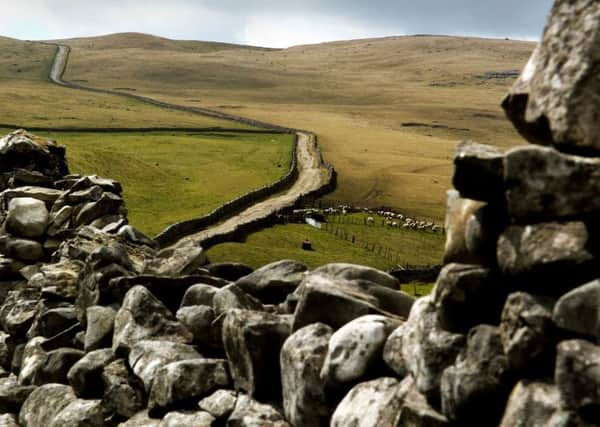YP Letters: Don't blame Land Rover tourists for ruts in green lanes


I WOULD like to respond to Bill Tait (“Green lanes need protecting from damage”, The Yorkshire Post, September 6), giving an alternative view from someone who drives green roads in a responsible manner in a Land Rover in your area when on holiday.
A green road, or green lane, is a public road, with the same rights and restrictions as any other road, say the A1, but which does not have a solid surface. These roads were left behind while most roads were treated to a hard surface when tar macadam was introduced following the introduction of the motor car in the 20th century.
Even the Romans complained about our muddy roads.
Advertisement
Hide AdAdvertisement
Hide AdThese roads should also have the same level of care. Unfortunately this is often not the case, and blaming users is not the answer. After all no one blames the motorist for pot holes, so why criticise the motorist for ruts in an untreated surface? Looking at other parts of the country, it is apparent that other areas recognise the benefit of Land Rover tourism and have taken steps to make their roads sustainable.
One of these is Norfolk who have used a hard plastic grid laid and then grassed over to give the appearance of a grassy surface while allowing motor vehicles, bikes and walkers to share their roads together.
This is not the only way to protect roads. Planings, for instance, are a cheap and effective surface. The cost of this is offset by the increase in tourist revenues.
Any usage of an untreated surface will result in degradation, whether by car, bike, horse or walkers.
I have seen muddy areas made impassable by walkers alone.
It is not the user’s fault but the quality of the surface.
Advertisement
Hide AdAdvertisement
Hide AdIt must be remembered that Land Rover tourism (including similar vehicles and motorbikes) account for £84m per annum of revenue to local services.
Also closing these green roads prevents the less able, such as my wife and I, from accessing these parts of the countryside that can only be reached by a motor vehicle.
A better and pragmatic solution is to share these green roads with all parts of the society.
So please can we have a reasoned discussion about how we can all share these roads in a beautiful area,~ rather than discriminating against one particular section of society?